Is your parenting 'good enough'?
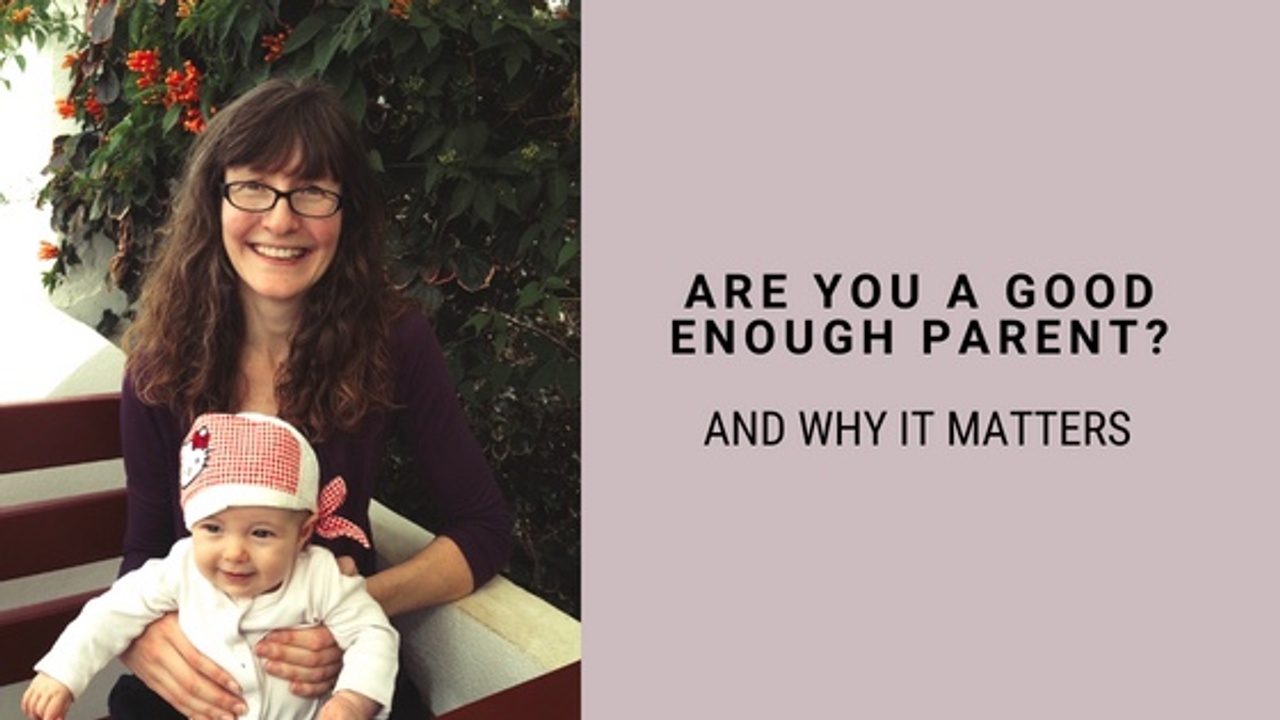
No, I’m not about to tell you that you must try harder. In fact, quite the opposite. I think most of us are trying far too hard, and that isn’t sustainable or healthy for us or our children.
There’s such a strong narrative of striving and self improvement in our culture that settling for just ‘good enough’ might seem a bit defeatist, or even dangerous when it comes to parenting.
Let me reframe this for you. Because being ‘good enough’ IS the ideal when it comes to raising psychologically well adjusted and resilient children. And trying to live up to an image of ‘perfect’ motherhood is the opposite and potentially very damaging, for you and for them.
What is ‘good enough’ parenting?
The concept of ‘good enough’ parenting is derived from the work of Donald Winnicott, a paediatrician and psychoanalyst who first identified this term in 1953.
Winnicott was concerned about the rising influence of so called ‘parenting experts’ giving advice and often undermining the child’s own parents....
Mothering as activism

What to say?
In truth, it was going to be difficult anyway. I've been absent for a long time from both social media and publishing blog posts. But right now, as I feel compelled to speak again, the situation in Ukraine is unfolding in front of our eyes via world media.
So, what to say? What can I say?
I have this push-pull reaction, which may be familiar to you.
I’m drawn into a ‘what must it be like?’ hideous imagining prompted by the human stories. I'm appalled by the impact on mothers and children, made totemic by the bombing of a maternity hospital.
Then I recoil from what can feel like the voyeurism of watching a car crash.
Then I try to get my head around the history and geopolitics of it all. What it might mean for my own family, not to mention the future of our entire world.
Then I pan out to the backdrop: an ongoing pandemic, climate crisis, resurgent nationalism, endemic racism... all the many existential forces that we face.
Yet part of me thinks it has alwa...
True rest allows you to return to yourself
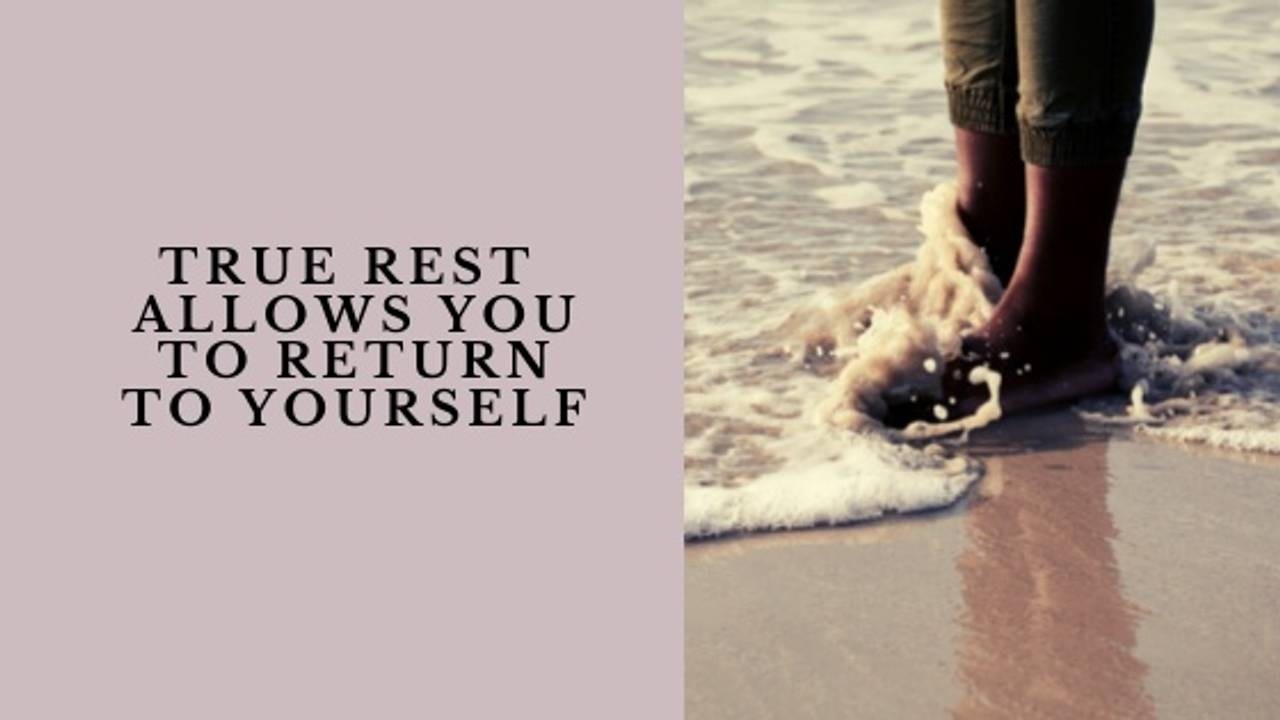
If we are to truly normalise rest, we have to stop shaming mothers for spending time apart from their children.
True rest is not hiding in the bathroom for 5 minutes peace.
True rest enables you to return to those you love feeling restored.
True rest allows you to return to yourself.
❤️
Don't hate me, but by the time you read this, I will have been on a mini retreat. It's something I've done ever since Clem was quite small.
It always enables me to return as a restored, revitalised - and dare I say as someone who believes in 'good enough' - improved version of myself.
❤️
I've seen some powerful comments recently on normalising rest. Particularly after this year and a half of the additional stresses of a global pandemic.
But why is it that mothers in particular need permission to do this?
It’s partly because a capitalist society equates worth with productivity.
It’s also a deeper sense of internalised shame we are conditioned to feel for abandoni...
Learning to like yourself
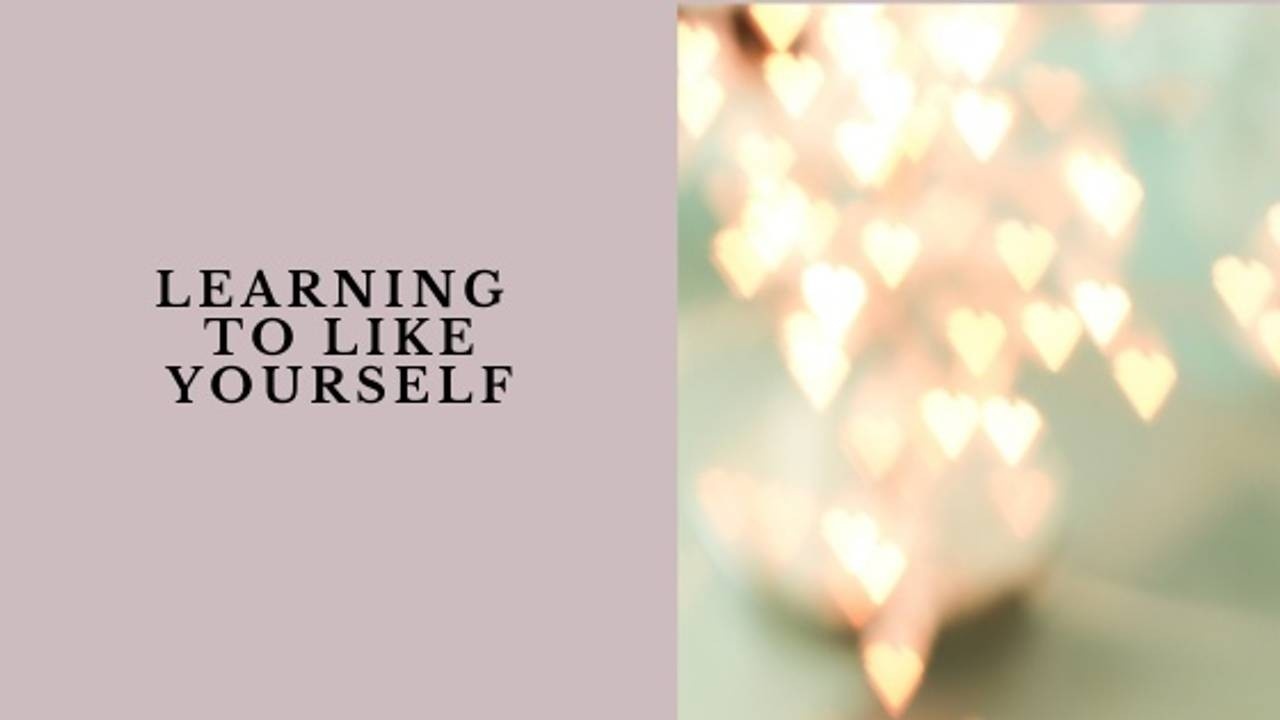
If you've been following my work for a while, you'll know that most, if not all, of my messages are about being kind to yourself.
Because I believe it is only when we can extend gentleness and compassion to ourselves that we can truly begin to embody this for our children.
But there's a difficult truth that many of us come up against as we begin the slow and haltering work of learning to like ourselves a bit more.
Which is that, just as we are beginning to accept who we are, those around us may feel very uncomfortable.
❤️
Which means that ...
- When you outgrow former versions of yourself
- When you become far more comfortable in your own skin
- When you shed layers of conditioning and finally begin to step into your own power
- When you stop apologising for who you are and start living from a more authentic place
... other people may not like you,
just as you begin to like yourself.
❤️
This can cause you to doubt whether you are on th...
You don't need a reason to rest
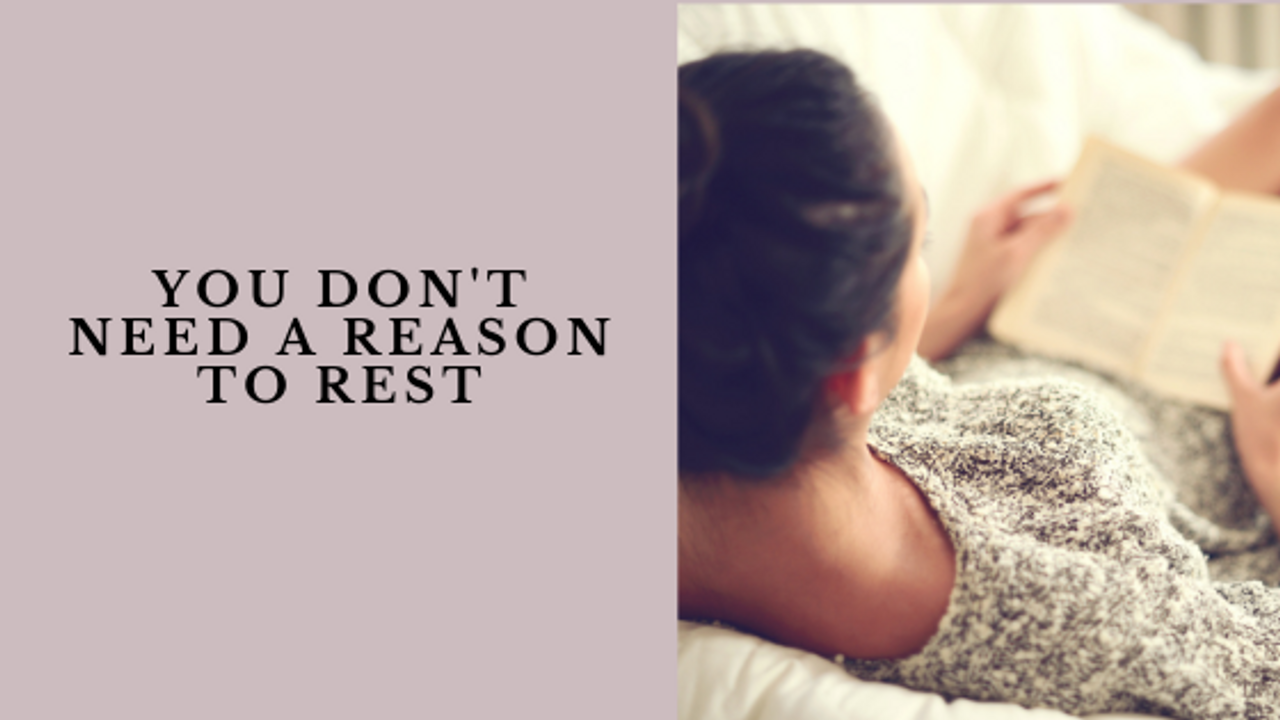
It’s been almost a month since I posted on Instagram. I have also been silent in the Facebook group and haven’t sent any emails to you lovely lot. So I wanted to say thank you for sticking around!
I also wanted to share why I’m not always online, quite apart from the benefits of taking a ‘social media break’.
I have congenital heart disease and had open heart surgery 5 years ago. I struggle with episodes where my heart beats erratically up to 170 bpm, on and off for the whole day, sometimes for several days at a time.
Think running an ultra marathon without actually going anywhere.
After a bad cold last month and the sheer cumulative fatigue of the pandemic, I’ve had these episodes much more often.
I’ll say at the outset that this is not a cry for help, although stoicism is overrated among mothers. We maintain a front of keeping everything together. Professionally, personally, publicly, and even privately. Since when did you admit to YOURSELF that you are finding i...
It takes strength to be gentle - the world needs sensitive people
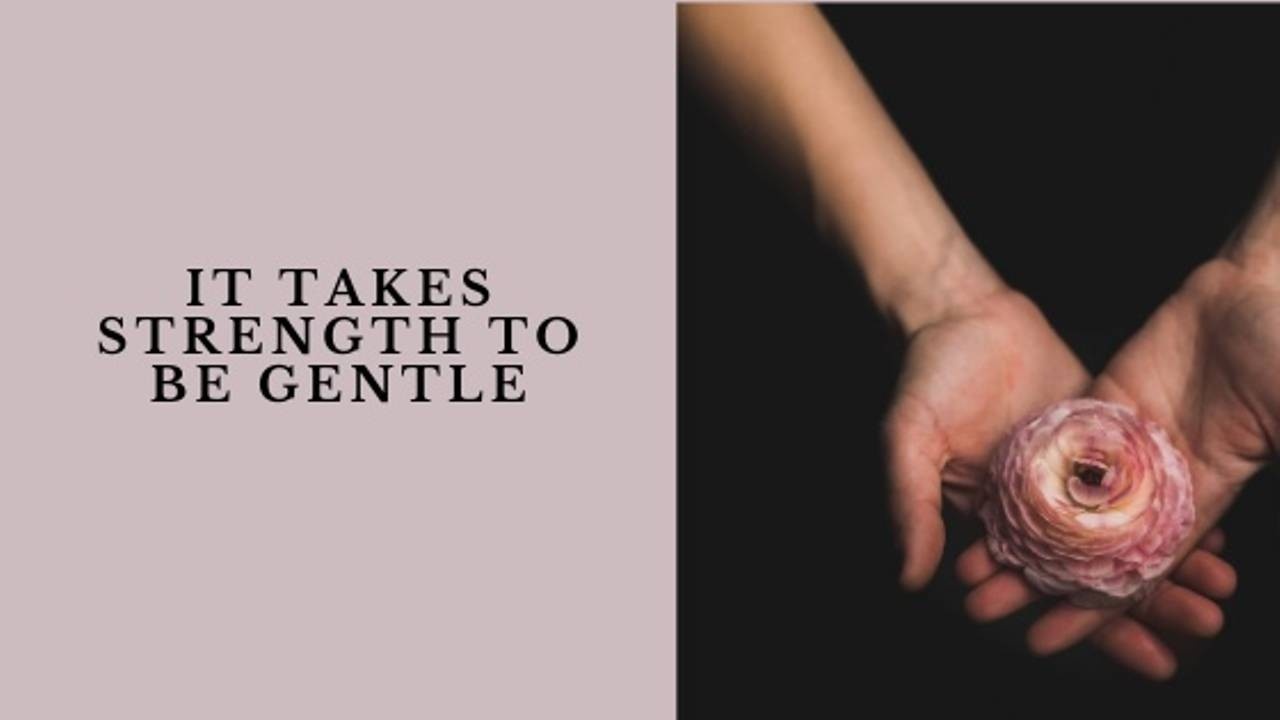
It took me a while to realise it, but I have come to trust that there is great strength in gently and quietly proceeding through life, not always rushing on in, taking my time, observing everything, and being a reflective sort of person.
My daughter also taught me this from day one.
She arrived in the world loudly proclaiming her sensitivity to external stimuli. She cried a lot. She did not sleep.
The world and his wife told me I should get tough. Cry it out. Early weaning. Separate rooms. Naughty steps. Time outs.
I did not listen.
And although I have doubted myself EVERY step of the way (because society is just not set up to validate a gentle responsive approach to anything) I have by and large felt comfortable with my choices. They may not suit everyone, but they suit us.
*
Let me tell you a story from a couple of years back …
Clem and I went to a birthday party. One of those bouncy castle in a leisure centre affairs, full of echoing noise, boisterous happy kids, and social...
I am not giving anyone a hard time. I am having a hard time.
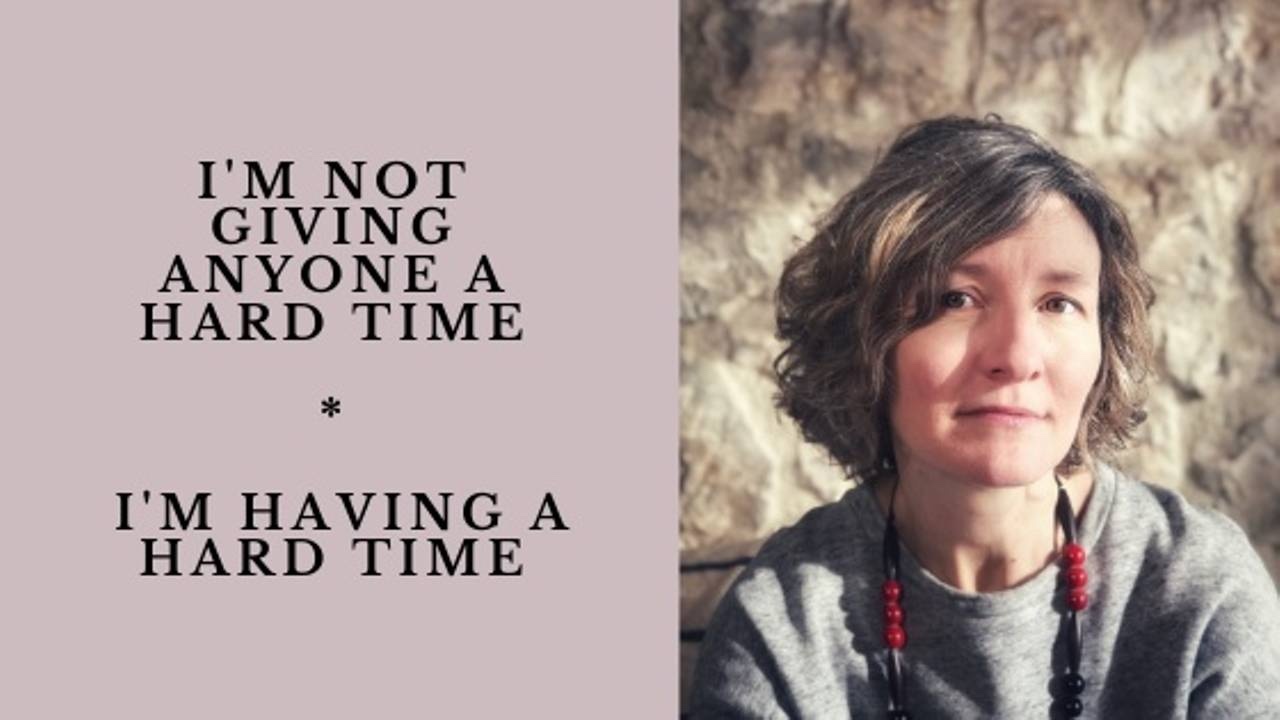
Gentle parents are very adept at seeing things from a child’s eye view. OK, so not all the time, when it is over something seemingly so irrational as now wanting the green cup when they have just spent the last 30 minutes screaming for the red one. But on the whole, it makes good sense to try and get down to their level and empathise with how it must be to be someone with big feelings inside a tiny body.
We know this. Yet somehow we fail to apply the same logic to ourselves.
We tend to forget that big people have a hard time too.
We all know the quote:
"Your child is not giving you are hard time. They are having a hard time."
Well, I’d like you repeat after me:
"I am not giving anyone a hard time. I am having a hard time.”
Coping with the ever-present threat of Covid and the challenges of lockdown life has made for a uniquely hard time for all sorts of reasons.
We’ve been stuck in fight-fight-freeze mode for the best part of a year. Even simple decisions like whether to go to t...
Who holds the mother?
Beyond the pile of laundry, never ending ‘to do’ list, meal prep, bottom wiping, pot washing and general chivvying up, much of the heavy lifting of motherhood is emotional.
And emotional labour is often more exhausting than all the physical tasks put together.
💪🏼 Being present for your child during a tantrum.
💪🏽 Creating enough space for them to safely express their full range of emotions.
💪🏾 Regulating yourself well enough to avoid being triggered.
💪🏿 Developing your own emotional literacy so you can better support your child.
Particularly when many of these beautiful gifts may not have been offered to YOU as a child.
All of this is exhausting.
In containing your child’s big emotions, you also need to find ways to be held...
🤱🏻 That holding can be grounding yourself in the present moment through what you can see, hear and touch.
🤱🏿 That holding can be offering yourself a soothing gesture (hand on heart, self hug, cradling your head).
🤱🏽 That...
Stop trying so hard to be a better person!
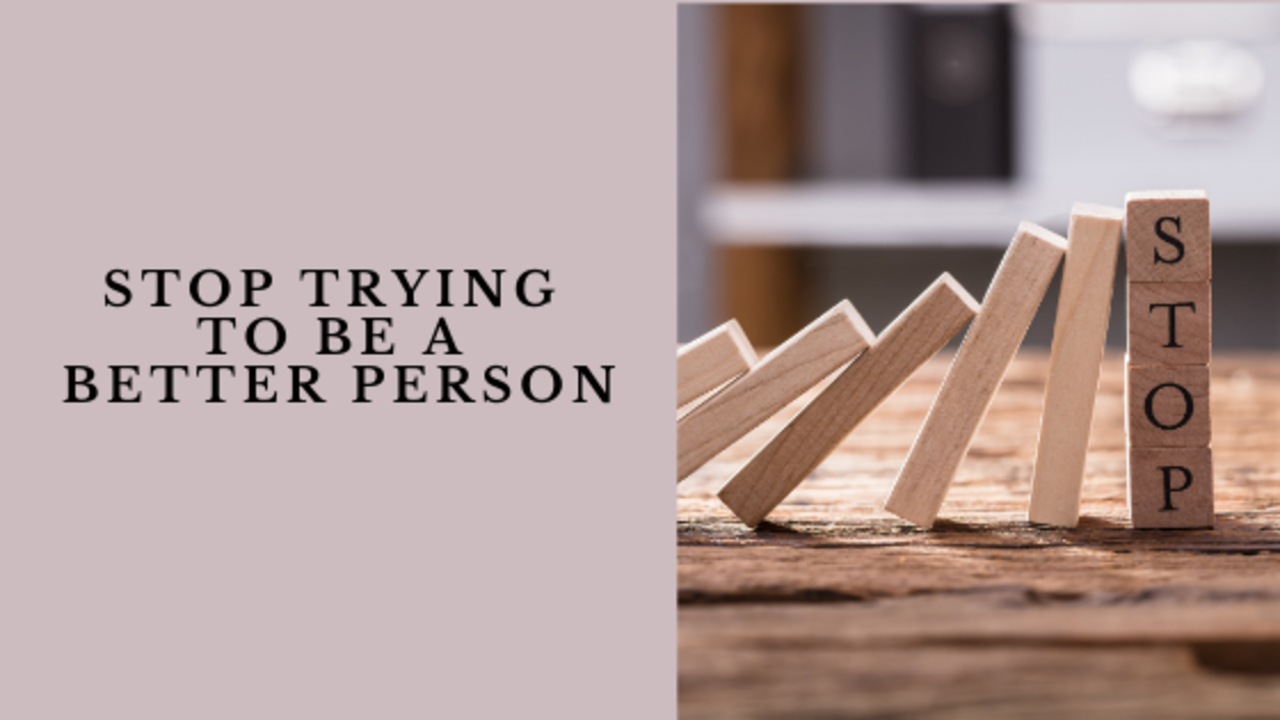
I've been thinking about why it is so difficult to be kind to ourselves.
I've come to the conclusion that one of the reasons is because we are on a never-ending self improvement treadmill.
There’s a large part of most of us that thinks we should do better, be better people, become better parents.
In that context, being kind to yourself can feel deeply uncomfortable.
It’s like you are slacking off.
You feel like if you ceased to - do all the things, listen to all the podcasts, read all the books, try all the strategies, attend all the programmes - you would have no chance of being that better person.
So you continue to think ‘must try harder’ and ‘could do better’ which are actually subtle - or not so subtle - manifestations of your inner critic.
And yet, interestingly, research (Breines & Chen, 2012) shows that self compassion actually increases motivation
* to make amends when you’ve done something wrong
* to keep trying following an initial failure
* to address areas of weaknes...


